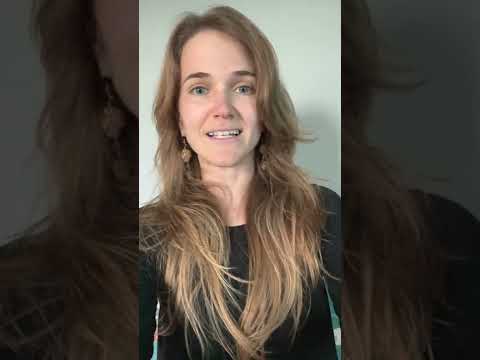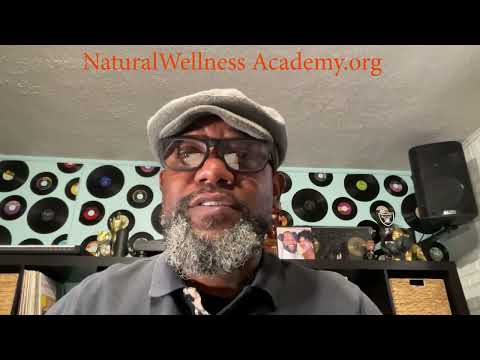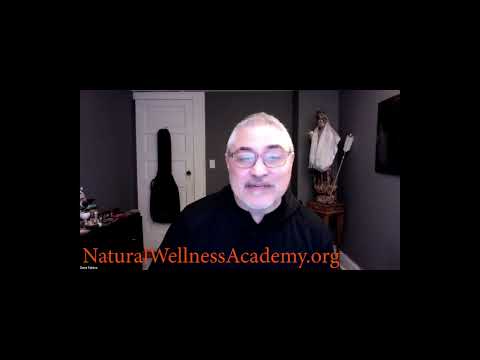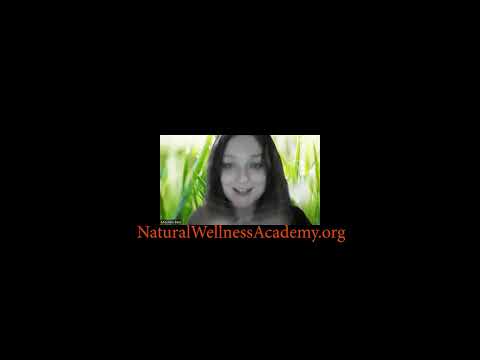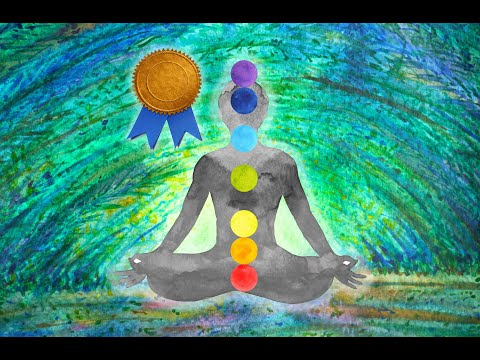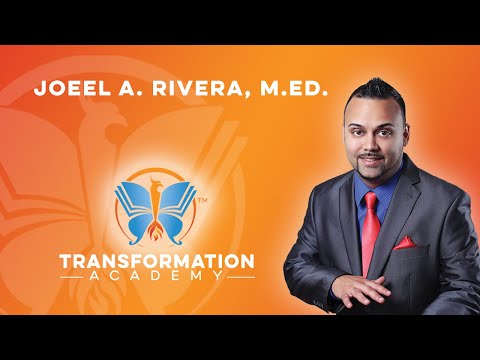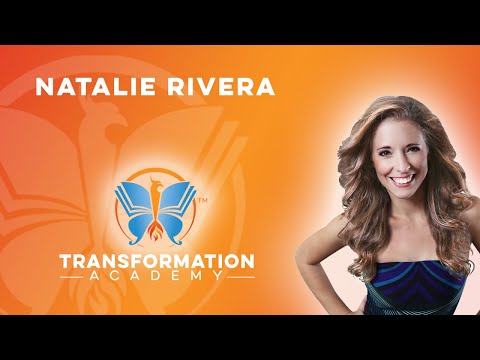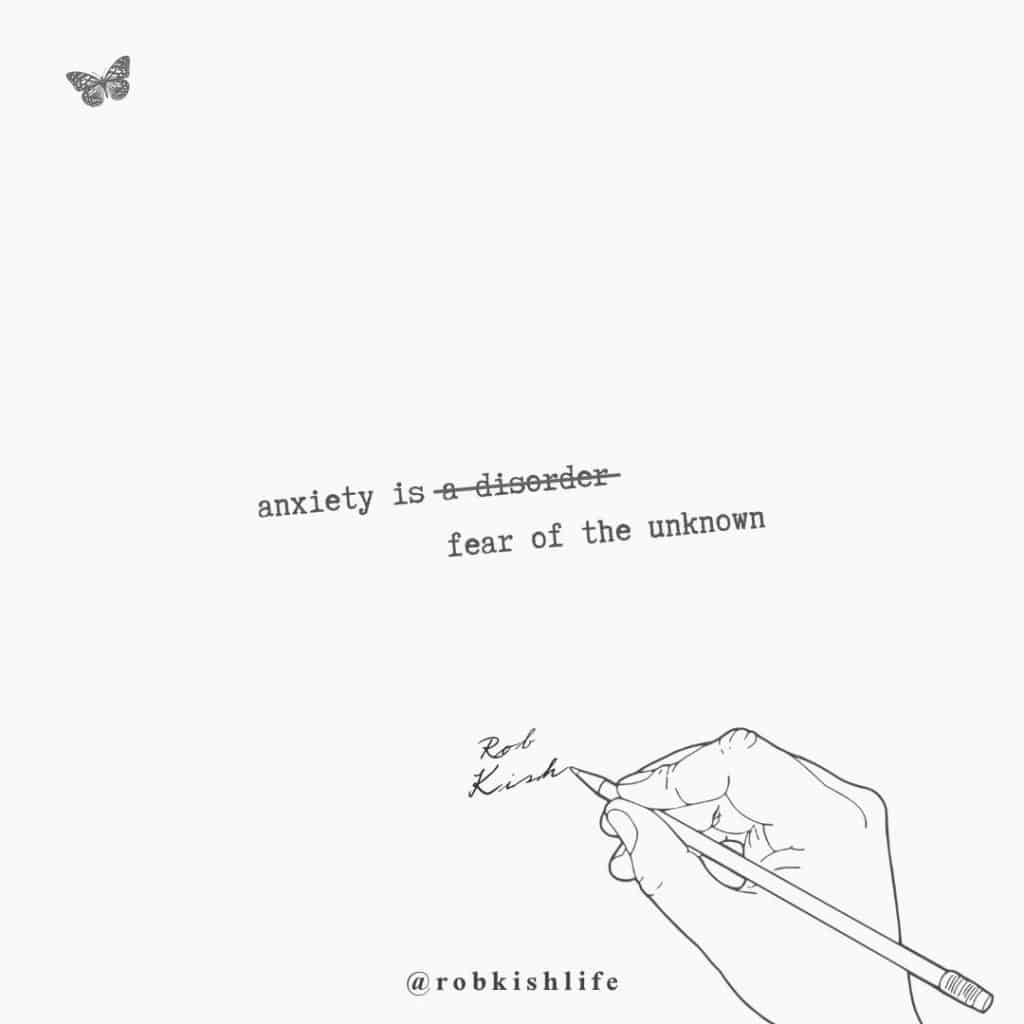Some of the links below are affiliate links, which means I may earn a commission, at no extra cost to you.
3 Best Spiritual Life Coach Certifications Online
Best Overall

Runner Up

Best on a Budget

Introduction
As I researched online spiritual life coaching certification schools, I quickly came to realize that there aren’t all that many options.
Few schools appear to be extremely high quality.
You’ll be able to compare the most important factors when choosing the right online spiritual life coach Certification school for yourself in a head-to-head comparison.
Compare 3 Of The Best Online Spiritual Life Coach Certification Schools
Scroll right to view more columns. If you are viewing from a phone or tablet I recommend rotating into a landscape for the best viewing experience.
 |  |  |
|
| School | Natural Wellness Academy | Center for Transformational Coaching | Transformation Academy |
| Visit Website | Visit Website | Visit Website | |
| Certifications | Spiritual Wellness Specialist, Meditation & MIndfulness Instructor | Deep Transformational Coach | Master Spiritual Life Coach |
| Help you stand out from the competition | ✔ | ✔ | |
| ICF Accredited | ✔ | ||
| Can Start Anytime | ✔ | ✔ | |
| Prerequisite Requirements | None | None | None |
| Length of Program | 9-12 months | 5 months | Self-paced |
| Total Hours | 180 (including self-study time) | 98+ (including self-study time) | 9+ hours of video (not including self-study time) |
| Hours/week | 4+ hrs | 5 hrs | Any |
| 1-on-1 Mentoring | ✔ | ✔ | |
| Live Coaching Practice | ✔ | ✔ | |
| Learn to Incorporate Meditation and/or Spiritual Coaching into Your Practice | ✔ | ✔ | |
| Live and/or Recorded Webinars | ✔ | ✔ | |
| PDF Downloads For Modules | ✔ | ✔ | ✔ |
| Video Content For Modules | ✔ | ✔ | ✔ |
| Lifetime Access To Resources | ✔ | ✔ | ✔ |
| Learn How To Start Your Own Spiritual Coaching Business Practice | ✔ | ✔ | |
| Business Marketing | ✔ | ✔ | |
| Private Facebook Group | ✔ (forum) | ✔ (forum) | |
| Investment (if paid in full) | $2495 (Get 10% with coupon code) | $4099 ($3799 for early-bird) | $497 (Get 80% off through my link, applied at checkout) |
| Payment Plan | Available upon request | See Review | None |
| Read Review | Read Review | Read Review | |
| Visit Website | Visit Website | Visit Website | |
| Coupon Codes | Coupon Code | Get 80% off through my link, applied at checkout |
|---|
#1 Online Spiritual Life Coach Certification School


School: Natural Wellness Academy
Program: Spiritual Wellness Specialist + Meditation & Mindfulness Instructor
Cost: $2495
Payment Plans: available upon request
Exclusive 10% OFF Coupon Code (paid in full):
SWSKISH10
Natural Wellness Academy Review
Certification #1 – Meditation and Mindfulness Instructor Certification
Everything you need is provided right in the dashboard, including study guides, colorful infographics, meditation scripts, recorded guided meditations, music for meditative use, webinars, teleconferences, and downloadable forms for your future business.
Topics that will be covered in this course:
• Tools, tips, and techniques to enhance meditative practice.
• Discover the roots of stress and how it affects the mind and nervous system.
• Mindfulness Exercises
• Voice modulation
• Group Meditation
• How to structure effective meditation scripts
• Understanding how meditation can help alleviate stress, anxiety, depression, and other emotional disorders.
• Working with the chakra system
• Creating and designing the ultimate meditation space
• How to work with clients in person or virtually
• Marketing yourself as a Meditation/Mindfulness Instructor
Step 2: Intro to Mind Dynamics
Help your clients combat stress and create positive life-affirming habits and
attitudes. This is a very experiential module, where you will be participating in a
21-day technique for instilling healthy habits and raising your own permission
levels for success, well-being, love, and abundance. You will gain tremendous self-knowledge and confidence as you establish your own series of positive habits in a 3-week experiential journey, using self-hypnosis and mind-focused activities.
Note: For your self-hypnosis experiment, make sure to mark off a 21-day period on your calendar when you can commit to doing a cycle of change selected from the text e-book. This should be a time that you are not traveling or have projects that interfere with your ability to complete the 21 days.
Step 3: Spiritual Wellness Specialist Certification
This course is divided into 6 modules, plus you will have access to the business-building course “Essential Effective Coaching,” once you are almost done with the course materials for SWS.
Module 1: Anatomy of the Spirit
Discover the principles of metaphysical spirituality and the various levels of consciousness, Contains 4 subsections: a) At the Beginning, b) Faces of God, c) anatomy of the Spiritual Body and d) Non-Physical Beings (Angels, Fairies, Devas, Spirit Guides). Discover Spiritual laws of creation, the Hermetic Principles, Religion & Spirituality, The Divine Feminine, Introduction to the Monad (Divine Spark) or Oversoul, Chakras, Auras, and Energy Fields. Learn how to measure and repair chakras with a crystal pendulum, that we will send you as a gift.
Module 2: Awakening
We begin our exploration into the Divinatory Arts, discovering various tools that help you tap into and channel your innate gifts of Intuition and Insight so that you have clarity when working with clients. The divinatory tools are not designed to predict the future, but rather to open yourself to Divine Wisdom through symbolism and hidden messages. You will be introduced (with some depth) into reading the Tarot, Interpreting Natal Astrology Charts, Birthdate Numerology, and Crystals & Energy Balancers (Used for tapping into intuition, and review methods for employing Crystals and Gemstones for meditation, healing work, and higher consciousness). Fairy Oracle Deck provided to you!
Module 3: Afterlife
What happens before we take on a physical form? What happens when we complete a lifetime?
In this module, we will explore multiple theories of what happens when we die, the Bardo state, Soul Contracts, Soulmates, “Life between Life” Reincarnation, Mediumship, Disembodied Spirits, and Astral Planes, Parallel Universes, and the Seven Rays An illuminated understanding of Heaven, Purgatory and Hell — from a spiritual perspective.
Module 4: Alignment
In this module we will also delve into the concept of the “wounded healer” and how — as we work through our own issues and growth — we are better able to hold the vision for our client’s consciousness-raising and spiritual evolution. Understand the meaning of Empath and HSP (Highly Sensitive Person) and how they are particularly challenged in this world.
In this phase you will learn a philosophical paradigm to help your clients understand and identify how childhood programming, collective consciousness and the outer mind interfere in one’s self-image and capacity to realize one’s fullest potential. You will learn the concepts of Multiplicity of Selves, Jungian Depth Psychology, Archetypes, Aspects of Selfhood, Holographic Universe, and working with the I AM Presence.
Module 5: Application
How does one spiritualize their life in a modern world? Here you will begin to apply your newly acquired knowledge to work with your coaching clients. We break down the various stages of emotional and spiritual healing, including Law of Forgiveness, Creating Life Balance, Cultivating Gratitude, Taking Responsibility for Co-creation, and Spiritual Surrender.
We will add more healing tools to your repertoires, such as Visualization, Power of Affirmative Prayer, Law of Attraction (Manifestation) through engaging the Higher Self, Energy Clearing, Self-Protection, and Spiritual Hygiene.
Module 6: Action
In this final SWS module, you will begin to apply your newly acquired knowledge to work with your coaching clients as a Spiritual Wellness Specialist. You are given practical applications to apply all that you have accumulated through the previous modules in working with your clients, including some original healing modalities created by Dr. LJ (Jungian Archetypal Journey, and The Thoracic T®).
You can also download all the forms you may need for your coaching practice, including Coaching Agreement, Disclaimers, Intake forms, Client Contracts, etc.
You will also be assessed for competence and confidence in this final certification step, through recorded demonstrations and role-playing.
Bonus: Building Your Building via Effective Essential Coaching
All students of the Natural Wellness Academy are invited to take our cutting-edge business-building module that will help you define your niche, your avatar (ideal client), business plan, marketing, and how to attract clients. If it is not open yet on your dashboard and you are nearing the end of your Spiritual Wellness Specialist modules, request from the Admin that Essential Effective Coaching be opened for you. You are added to that course.
Essential Effective Coaching is designed to help you launch your coaching practice and will give you practical information about starting your own business, social media marketing, finding your niche/specialization, and how to work with your clients. We provide loads of
Help individuals tap into their inner guidance and intuition, deepen their link with the Divine, and achieve an increased octave of success, joy, and healing.
Objectives:
- Understand the principles and application of energy balance and dynamics.
- Discover the Anatomy of the Spirit and the concept of the “Wounded Healer”
- Supercharge your capacity to help others by understanding Mind Dynamics and Behavioral Modification
- Explore a variety of modalities for accessing Intuition and inner guidance.
- Practice techniques for setting intentions, meditation and visualization.
- Develop strategies for guiding others into a deeper sense of purpose and passion.
- Transform into a qualified Meditation & Mindfulness teacher, helping lift the consciousness of the planet, by working with groups or individuals
- Learn how to develop an Abundance Mentality with cutting edge Law of Attraction skills
Overview of Topics Covered:
- Mind Dynamics – building positive, life-affirming habits
- Energy Balancing and Clearing
- Anatomy of the Spirit
- Creative Visualization
- Meditation – Discover a variety of methods and training to work with individuals and groups
- Guided Imagery
- Developing Intuitive Tools
- Overview of astrology, numerology, tarot, pendulum and other Divinatory Tools
- Chakras
- Crystals
- The Power of Rituals for Healing and Transformation
- Relationships & Spirituality
- Law of Attraction – Deliberate Creation
Teaching Is Your Calling
If one or more of the next pertains to you, our program is geared for you personally.
- You work in the wellness field-maybe you’re a yoga teacher or work in the mental health field.
- You understand how powerful meditation could be, and you intend to figure out how to teach it, which means you can create more professional opportunities.
- You want your clients to sleep more soundly, live with less stress or anxiety, and revel in a deep quality of living that only meditating can offer.
- You intend to help friends, family, colleagues, as well as strangers, go on a deeper, more meaningful level.
- You intend to help others thrive, living the happiest, most connected, & most fulfilled version of their life and you’re prepared to play an instrumental role to make that happen.
The NWA’s Spiritual Wellness Specialist course has been a phenomenal highlight in my wellness journey. My personal spiritual growth and development continues to flourish and has allowed me to expand my spiritual perspectives and ideas and share them in digestible ways with family, friends, and through my business. I’m looking forward to what’s ahead in the class! RD Indiana
The inner work the course requires you to do is incredible. I love that you are required to do the work that you are learning to teach and then document the results. I have cleared blockages that I didn’t realize I had, and I have gained amazing insight into myself thru this course. TC Florida
I thought I had a pretty wide-ranging knowledge in all matters spiritual… until I took this course. The depth and breadth are far greater than I could have hoped for and am loving the challenge of being guided along a path promising ever greater discoveries!!! JM France
I am forever grateful for this life-changing journey alongside a wonderful and supportive community. KM Thailand
#2 Online Spiritual Life Coach Certification School

Payment Plans (early-bird):
Down Payment: $200
3 Month Plan: $1383
6 Month Plan: $691.50
9 Month Plan: $461
Center For Transformational Coaching Review
Cheapest Online Spiritual Life Coach Certification School

School: Transformation Academy
Program: Master Spiritual Life Coach
Cost: $497 (however, you can get 80% off through my link)
Get 80% off through this link (discount applied at checkout)
This program consists of 4 certifications:
Spiritual Life Coach Certification
Shamanic Life Coach Certification
Law of Attraction Life Coach Certification
Get 80% off through this link (discount applied at checkout)
Transformation Academy Review
- Continuing Professional Development Standards Agency – World-Leading CPD accreditation, trusted by industry, institutes And Professionals
Transformation Academy Review
Coming soon!
Get 80% off through this link (discount applied at checkout)
Frequently Asked Questions
Do you need a certification to be a spiritual coach?
No, you don’t need a certification to be a spiritual coach. There are no governing bodies that make being certified as a spiritual coach a requirement
How do spiritual coaches get clients?
Like other coaching professions, here are some ways spiritual coaches can get clients:
1. Networking, having conversations with people
2. Hosting workshops or seminars
3. Hosting webinars
4. Search Engine Marketing, getting a website ranked high on Google
5. Paid advertising on common platforms: Google, Facebook, Instagram
6. Blogging
7. Public speaking
8. Posting informational videos on YouTube
How long does it take to become a spiritual coach?
It can take anywhere from 1 month to 6 months to complete most spiritual coach programs and become a Certified Spiritual Coach.
Time To Make A Decision
I sincerely hope that I have provided enough information here to assist you in making your decision on choosing 1 of the 3 highest quality Spiritual Life Coaching Certification schools available online.
If you have any questions or feel there are gaps in information, and you would like me to add more information, please let me know in the comment section below, I will gladly try to help you out.
Detailed reviews of other areas of certification:
Online Life Coach Certification
Online Health Coach Certifications
Holistic Nutrition Certifications
Online Meditation Teacher Certifications
Have questions regarding any of these online spiritual life coach certification schools?
If you have any questions regarding any of the information I have presented here regarding any of these online spiritual life coach certification schools feel free to contact me 🙂


